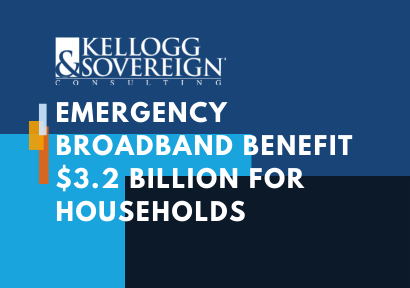In a June 27, 2025, decision, the U.S. Supreme Court upheld the constitutionality of the FCC’s Universal Service Fund (USF), including the E-Rate and RHC programs that support affordable internet for schools, libraries and rural healthcare facilities.
The FCC v. Consumers’ Research challengers argued that Congress gave the FCC and its nonprofit fund administrator, too much authority, violating the Constitution’s nondelegation doctrine. The Court disagreed.
Key Takeaways:
- The FCC operates under clear congressional guidelines, including who the USF helps and what services it supports.
- The FCC’s funding formula, based on projected needs and telecom revenues, is constitutionally sound.
- Using a private nonprofit to help administer the fund is allowed, as long as the FCC retains final control.
Bottom Line:
The ruling secures the future of E-Rate, RHC and other USF programs, ensuring continued support for connectivity in schools, libraries, rural healthcare facilities and underserved communities. It also reinforces the FCC’s authority to manage these programs within its legal framework.
To read the full Supreme Court ruling, click here



